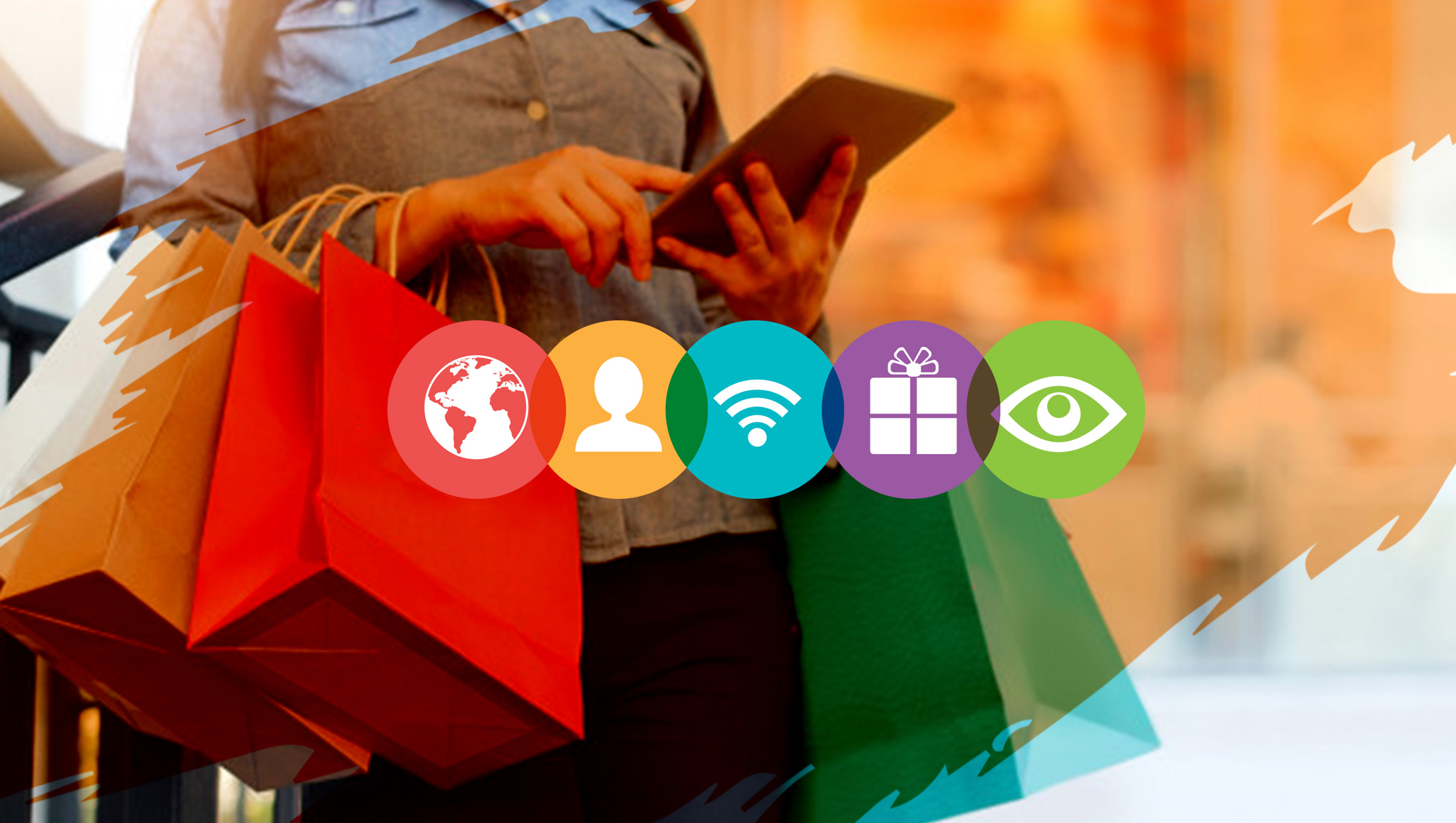Despite its best efforts and well-paid sales staff, the B2B e-commerce marketing and purchasing experience has always underwhelmed compared to B2C. A 2016 survey by eConsultancy found that only 15% of B2B executives felt they provided buyer experiences that were as strong as the top B2C experiences. According to our own data, however, B2B companies now believe that they have made significant headway in the past two years, reporting better experiences across six key areas: relationships and support, payment terms, product innovation, return policies, delivery, and service via new technologies.
Traditionally consumer brands have far outpaced B2B E-Commerce Marketing brands in their experiences, with major retailers topping the NPS rankings. But, looking deeply into the data, it became clear to us that while traditionally B2B companies took cues from B2C to inform their marketing, B2C can now learn a lot from B2B about offering superb and differentiated customer experience.
Here’s why:
Prioritizing Customer Relationships in B2B E-Commerce Marketing
Stronger relationships with their customers and support by suppliers were identified as a major factor in how today’s B2B companies are excelling at customer experience. B2B has been traditionally high touch, whereas B2C companies have traditionally prioritized lower costs and automating customer service as a way to increase their margins.
B2B has often been thought of as more complex with higher-order values. But, as more B2B companies offer to order online, their customer service has not eroded. B2C companies are at an impasse in many ways: to compete with behemoths, they must offer lower prices (a zero-sum game). Companies like Nordstrom have been able to compete in part because they prioritize relationships. B2C retailers should take a page from both approaches and consider how they can use customer service to differentiate themselves in a competitive market.
Better Payment Terms
For better or worse, B2B E-Commerce Marketing organizations have always offered better payment terms than most B2C companies (who typically want payment upon purchase). The problem for B2C companies is that this day-of-purchase payment requirement creates an amazing amount of friction in the buying process. A number of companies have cropped up recently, specifically to help reduce this friction in B2C, notably Afterpay and Affirm. Afterpay works with many of the country’s top retailers, including Urban Outfitters and DSW, and is showing higher conversion rates and cart values for retailers while mitigating risks; Affirm said it can increase average order value by 87%.
Best Price and Service
B2B purchasers are demanding and price-conscious, so B2B e-commerce companies have built their businesses around accommodating this. This is a trend that rings true in B2C, with the two largest retailers in the market both hyper-focused on rock-bottom pricing and great service: Walmart and Amazon.
Predominantly, B2B buyers are focused on service after the sale, with 43 percent of buyers prioritizing quick resolutions to problems as a priority. B2B buyers also want as much product information as possible prior to making a purchase — something that many B2C companies lack, likely due to the sheer, overwhelming volume of data at their disposal. With the number one reason that consumers return a product being ordering the incorrect product or size, according to real-time dispute resolution platform,ChargeBack.com. The number three reason being that the product does not match the description on the web site, B2C companies would already increase satisfaction and save money by simply improving their product communication as a first step.












Comments are closed.